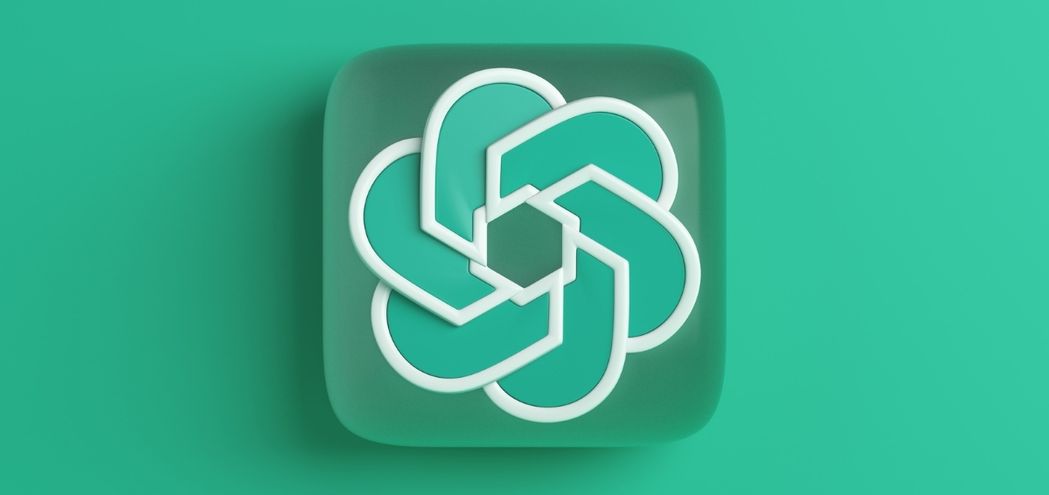
ChatGPT has already taken the world by storm and presents a new era for artificial intelligence (AI). In a public preview, this new technology promises to deliver a level of experience beyond a Turing test, where no individual could appear so aware.
It has the potential to revolutionise the way we interact with technology, providing a more human-like experience that could fundamentally change the way we leverage AI in every sector.
Beyond a Turing Test
One of the defining characteristics of ChatGPT is its ability to go beyond a Turing test. Unlike any other AI chatbot, it is designed to deliver a truly human-like experience, where the user could be forgiven for thinking that they are communicating with a real person.
This is achieved by utilising deep learning algorithms, which enables ChatGPT to process and respond to questions and requests in a way that mimics human communication patterns. This leads to a more natural and intuitive interaction with technology, making it easier for users to get the information they need, whether it be for work or play.
Positioning: In Public Preview
Currently, ChatGPT is in public preview, meaning that it is still in the early stages of development. However, its popularity is growing by the day and there is a lot of interest in the technology; perhaps suggesting that it will be highly financed and expensive once it reaches the commercial market.
This is due to the huge potential that ChatGPT has to revolutionise the way we use AI on a day-to-day basis, providing a better interface and a more human-like experience.
Differentiation: From Siri, Alexa, Google
ChatGPT differentiates itself from existing AI chatbots like Siri, Alexa, and Google by offering a new level of interaction and engagement. Unlike those platforms that simply regurgitate an answer from a huge database of information, ChatGPT is designed to understand and respond to questions and requests in a way that is much closer to how humans communicate.
This results in a more natural and intuitive experience that is easier for users to understand and use. Additionally, ChatGPT is designed to provide more accurate and relevant answers, making it a valuable resource for both personal and professional use. Essentially, it doesn’t just answer with a sentence, it could write you a 900-word essay on the subject, or even write you a fictional short story about your subject matter.
What’s the value?
There are many reasons why you might want this type of AI tool. By sector, the technology has the potential to revolutionise industries such as science, marketing, real estate, and more. For example, in the field of science, ChatGPT could be used to analyse and interpret large datasets, providing researchers with insights and information that they may have otherwise missed.
In the world of marketing and sales, ChatGPT could be used to support agents and BDR with customer engagement, or write multiple ad copy variations from a single sentence prompt. And in the real estate industry, ChatGPT could be used to help buyers and sellers navigate the buying and selling process, providing them with information and support at every step – almost like a continuous training model.
Are there any risks?
Like any new technology, ChatGPT also comes with its own set of risks. One of the biggest risks associated with ChatGPT is fallibility. Despite its advanced algorithms and deep learning capabilities, ChatGPT is still subject to errors and mistakes. This could result in incorrect answers and information being provided, which could have serious consequences, particularly in professional settings.
Another risk is plagiarism, as ChatGPT’s deep learning algorithms allow it to analyse and draw from existing sources of information. This could result in ChatGPT providing information that is not original, which could result in copyright infringement and other legal issues.
There is even a disclaimer when you make an account on ChatGPT which apologises in advance in case the bot produces anything malicious, insensitive or unkind. ChatGPT learns over time and there will be a point where these types of things are blocked from being served, but it’s still early days and we can’t expect everything it churns out to be pleasant and correct. It’s always worth proofing and, where necessary doctoring, ChatGPT’s output.
Believe it or not, that entire blog was written by ChatGPT using the below prompt:
Write a 700 word blog about ChatGPT covering the following points:
- The experience: beyond a Turing test
- Positioning: in public preview, not yet a product
- Differentiation: from Siri, Alexa, Google
- Why would you want one? By sector
- Risks: fallibility, plagiarism, copyright infringement
Conclusion
So, who will end up paying billions for ChatGPT? (And it really will be billions!)
I can’t imagine Elon will after the success of his Twitter purchase. Bezos? Gates? Buffett? I’m excited to see.
What I do know is that this creation will change the world of marketing, and the entire globe beyond that. I don’t even know who to credit this blog to…
Is it me for writing the prompt and closing it out here? Is it OpenAI? Is it the founder of OpenAI? Is it the Cremarc IT Director, Alan, who showed me ChatGPT? Is it ChatGPT itself!?
Minefield.